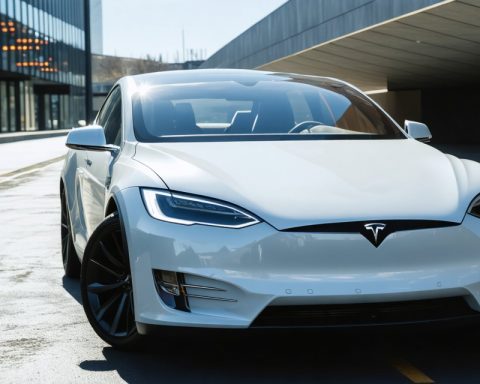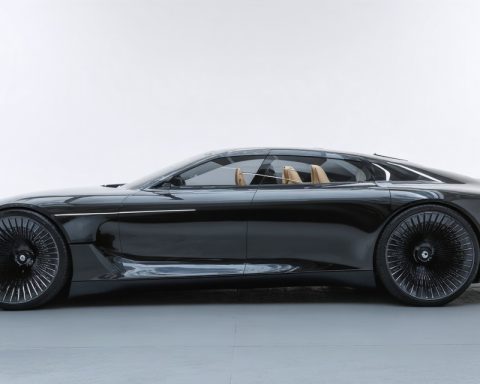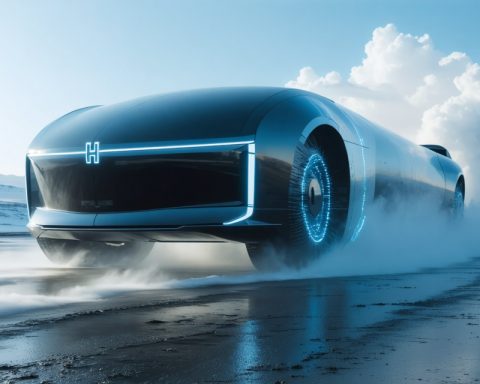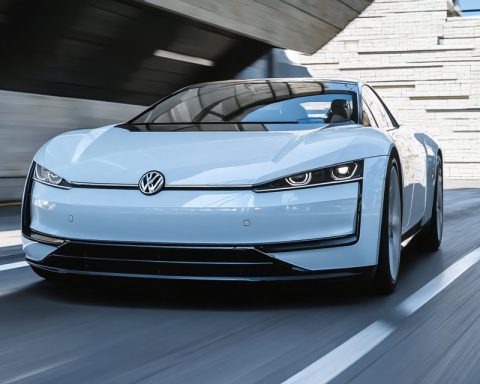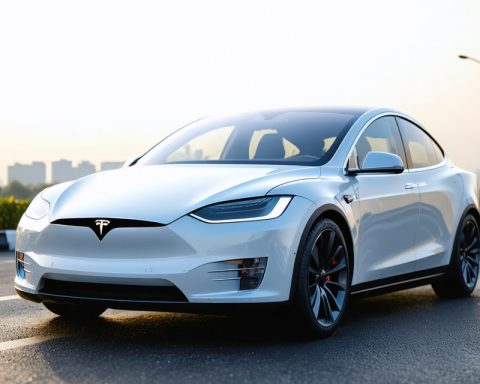Motors
In computer science, particularly in robotics and automation, "motors" refer to electromechanical devices that convert electrical energy into mechanical motion. They are fundamental components in systems that require movement, such as robotic arms, drones, and various automated machinery. Motors can be classified into several types, including DC motors, stepper motors, and servo motors, each with distinct operational principles and applications.DC motors operate on direct current and are known for their simple control and smooth rotation. Stepper motors move in discrete steps, allowing precise position control and are commonly used in applications where accurate positioning is required. Servo motors are designed for precise control of angular position, velocity, and acceleration, often integrating feedback systems for enhanced performance.Motors are critical in the implementation of motion control systems where they interact with software algorithms to execute tasks based on user inputs or sensor feedback. In the context of computer science, motors can also be integrated into programming environments or frameworks for simulation, control, and automation tasks in various applications.
